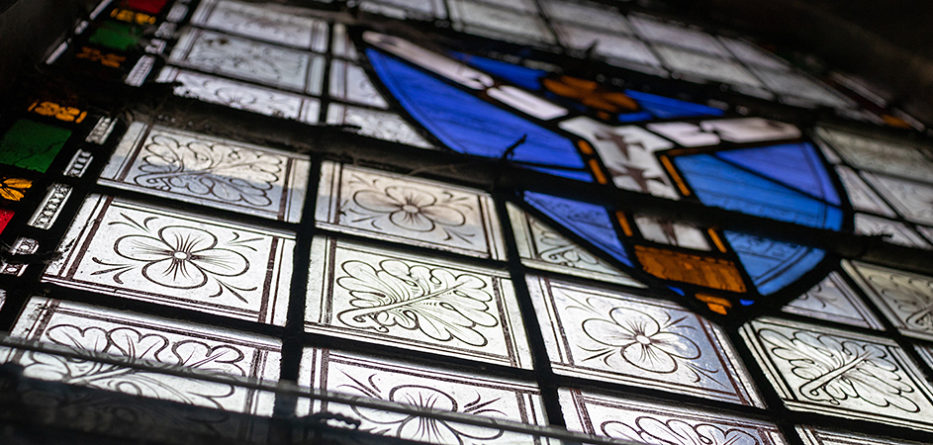The diversity of past Irish Catholic institutions and the challenges provoked by the clerical abuse scandals
A strange entity haunts contemporary Irish commentary; hardly a day passes without it being cited in some, almost invariably negative, context. It’s “The Catholic Church”. It is “to blame for everything wrong with Ireland”. In the 1940s and 1950s, it created an atmosphere that can be described as “Stalinist” and in the industrial schools “The Catholic Church” created “our Holocaust, our Gulag”. It “grievously abused its position for too long”. It was responsible even for the closing of Merrion Square Park to the public, as part of the plan to build a Catholic cathedral on the site (a decision made by one archbishop, not by all Catholic clergy or “the Church”). According to the Financial Times, the Catholic church in Ireland is “a shrivelled entity, discredited by scandal and left behind by a diverse population”. There is a consensus among commentators, and even amongst some academics (normally suspicious of generalisations), that Irish Catholicism consists of ageing clergy, who mourn lost power and past glories, and ageing laity, who hope that the clergy will survive long enough to bury them.
All the commentary, and all the criticism, is based on the false premise that Irish Catholicism has been and still is a sole body. The archbishop of Armagh has been described as “the line manager” of somebody less important in the institutional church, which implies a line of command coming from the pope’s desk, passing through Vatican departments and then through local bishops, going all the way to the nearest parish, while somehow involving all the remaining religious communities of priests, brothers and nuns. In fact it is likely that the pope does not think about Ireland for weeks on end but, more significantly, no archbishop has direct authority over any other bishop and most religious communities are exempt from episcopal control.
The changes in Ireland, particularly in the Republic, are part of the movement away from Christianity in Northern and Western Europe. Disaffiliation began in the 1960s and has not stopped since then. People who became lukewarm or indifferent to religion in that and the subsequent decades have not passed on religious values to the next generations. The child abuse and other scandals have done incalculable damage to Catholicism as an institution and have eroded people’s confidence. The drama of sin and salvation was already losing its attraction, so the hypocrisy of many preachers has discredited their message.
Irish Catholicism, and, indeed, all Irish Christianity, has to reinvent itself. It has done so several times in the past and will do so again. The message of Jesus Christ is fundamental. The sense of community that was one of the strengths of the old system has disappeared, leaving a gap that has not been filled. Immigrants appreciate all that Ireland has to offer, but they are not as impressed by us as we are by ourselves.
The future of the Irish Catholic church is in the hands of the laity. It will survive and renew itself, but only if Irish people desire that outcome.
To continue reading this article, click here.
Fergus O’Donoghue SJ was editor of Studies from 2001 to 2011.
With thanks to the Dublin Review of Books, where this article originally appeared.








